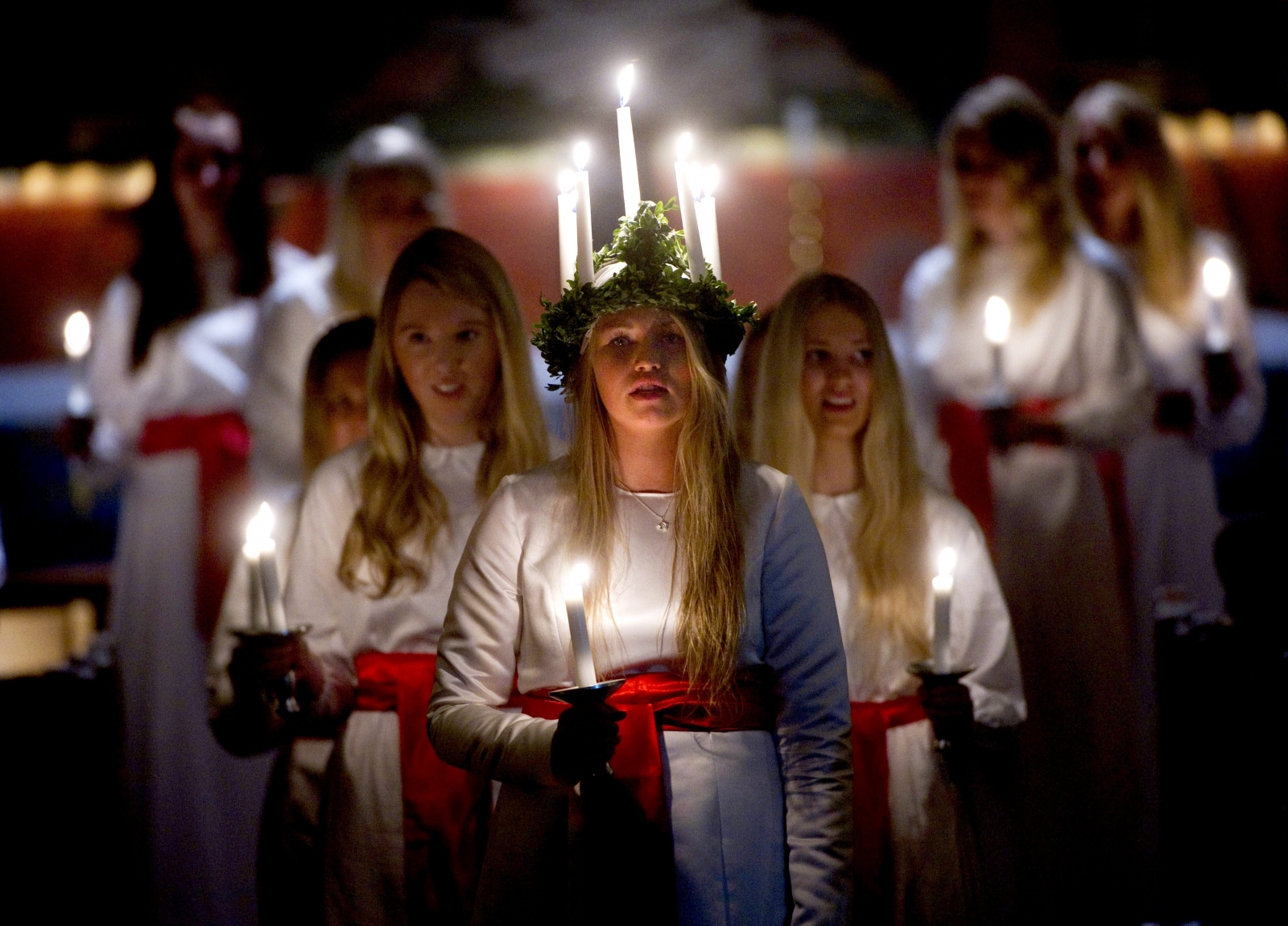Imagine, if you can, that you have been blind since birth. All your other senses work well, you can smell if the bacon is burning, you can recognise people by their voices, you can reach out and touch things, people – you can know a person by feeling their face. You map out the interior of your home by sound, by temperature, by knowing the surfaces. You navigate outside in the same way, knowing familiar places by their sound or smell. All your senses combine to give you a model in your brain of the world, and using this model you live a complete, non-visual life.
But how will you know if your son is waving to you from a window? How will you know the look of love in your lover's eyes? How will you understand the dazzling beauty of a glorious Summer day? We who have sight take these things for granted, but try to imagine how difficult it must be for a blind person to understand how we know that eight miles above us a plane is silently streaking across the blue sky. But the blind person is unaware of the limit of their perception because they have never known what it is like to not have that limit.
We are all like that blind man. We can look back in time but we can't look ahead. In order to communicate we have to frame our thoughts in words, so that the listener can reconstruct our thought from the spoken words. We can only be in one place, we can only look in one direction at a time. We don’t have a sense for our connectedness with each other and the universe. Our capacity for accepting and giving love is attenuated. But all this is normal to us; we are unaware of our limitations because that is all we have ever known.
Imagine, if you can, how it must be for someone who has known life beyond these boundaries. Well, some people have. It is estimated that about 15 million people in the USA alone have had an NDE, a Near-Death Experience. They tell of a sense of love a million times stronger than any love they have known, they can communicate without words, they have all-round vision, they can be in many places at the same time. But above all they know that they are not separate individuals, but are an integral part of the universe, connected and interconnected with every living being, with every star and every atom. For them it is as though they have lived all their lives in darkness and now someone has turned on the light. St Paul had a similar experience on the road to Damascus; he wrote from personal knowledge about how it will be for us at the end of this earthly life:
“For now we see through a glass, darkly; but then face to face: now I know in part; but then shall I know even as also I am known.”
So this is the first lesson: “We are not human beings on a spiritual journey. We are spiritual beings on a human journey”. (Pierre Teilhard de Chardin).But it doesn't stop there.
Their brief taste of real love, as a tangible fabric of light that is the substance of all existence, changes their lives forever. They dedicate the rest of their lives to helping other people, in medical care, education, counselling, or any of the caring professions. They are more tolerant, less competitive, less interested in material possessions, more into friendships and Nature. They are full of enthusiasm for life, determined to make the most of each day. They all agree that love is the only thing that matters, the only thing you really can take with you when you go. This is the second lesson.
What sort of world would we have if we all had an NDE? Perhaps a world without violence and war, without addiction or homelessness, without racial conflict, without a compulsion to own more and more things while other people have less and less. It might be a place where everyone would feel valued and wanted. We could have a planet that we cherished and cared for.
NDEs will always be the exception not the rule. Only one in seven who come close to death have an NDE. But the rest of us can learn from them. As Albert Einstein said:
“A human being is a part of the whole called by us universe, a part limited in time and space. He experiences himself, his thoughts and feeling as something separated from the rest, a kind of optical delusion of his consciousness. This delusion is a kind of prison for us, restricting us to our personal desires and to affection for a few persons nearest to us. Our task must be to free ourselves from this prison by widening our circle of compassion to embrace all living creatures and the whole of nature in its beauty.” (Albert Einstein)



